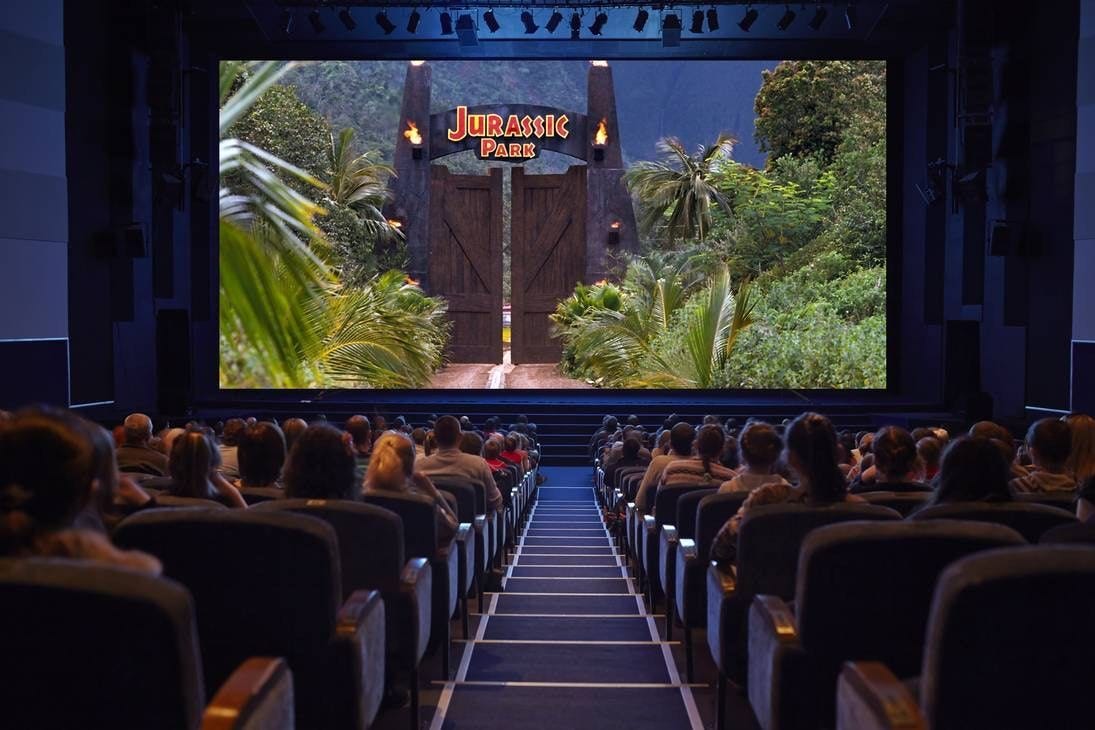Cinema nears its death rattle. PLUS: Emmy Noms.
ALSO: RIP Reese Schonfeld. AND: RIP Robin the Boy Wonder

The big news story in theatrical cinema in recent years has been the push by studios to shrink the exclusivity window for theatrical releases. Until now cinemas had movies exclusive for 90 days before they go to home video.
Huge news today with AMC (the largest US cinema chain) and Universal Pictures striking a deal that will shrink that window to just 1…




